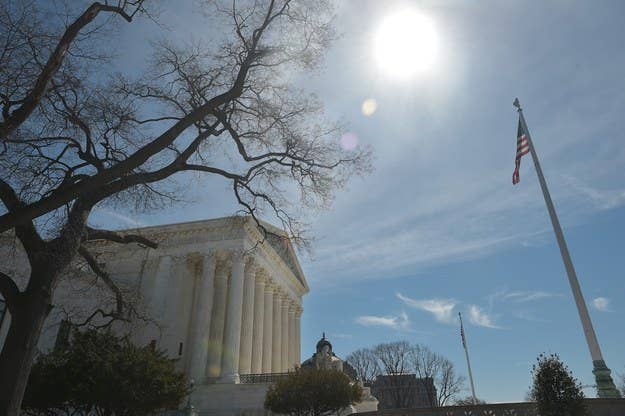
WASHINGTON — The Supreme Court on Monday ruled that the Arizona's redistricting commission, set up independently from the state legislature, is allowed under the Constitution.
In 2000, Arizona voters passed an amendment to the state's constitution, creating the Arizona Independent Redistricting Commission, a five-person panel that draws up new districts after each census.
The state's lawmakers have challenged the use of the commission, asserting that "the Legislature has been completely divested of its redistricting power" and that such a move is not allowed under the "Elections" clause to the U.S. Constitution.
"The Times, Places and Manner of holding Elections for Senators and Representatives, shall be prescribed in each State by the Legislature thereof; but the Congress may at any time by Law make or alter such Regulations, except as to the Places of chusing Senators," according to the constitutional provision.
The lawmakers note in their brief, "In the Constitution, the Framers carefully assigned particular obligations to particular State-level entities, whether the 'people,' the 'legislature,' the 'executive,' or the 'State' generally." Because this provision specifically used the term "legislature," they argue that means a state cannot do as Arizona has done and remove the legislature from the process.
The commission, in response, argued, "[T]he Clause's use of the term 'Legislature' does not preclude the People from exerting more direct control over the holding of congressional elections through popular lawmaking."
More broadly, they stated, "The unspoken premise of [the lawmakers' brief] is that there really is no remedy for the abuse of partisan gerrymandering in congressional districts."
After the oral arguments in March, SCOTUSblog's Lyle Denniston noted that "[w]hat seemed like a majority [of the Supreme Court] shied away from the idea that the voters of a state could seize power away from their legislature, and lodge that authority elsewhere in government more pleasing to the people."
